Company History
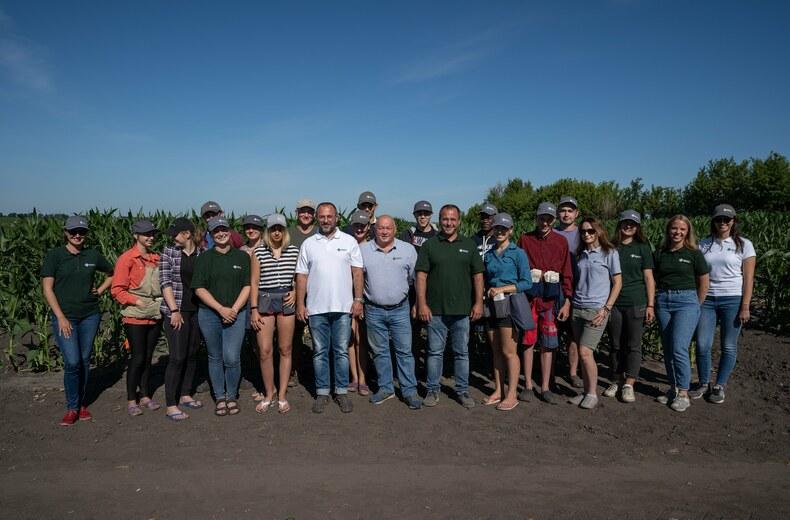
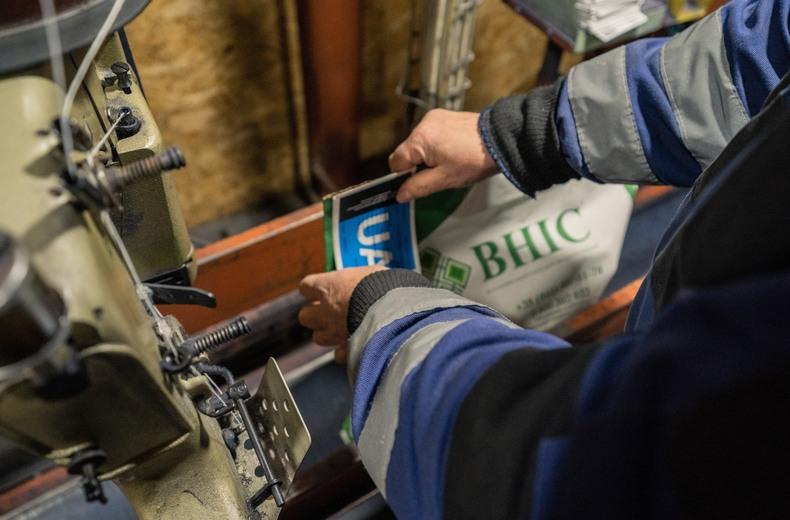
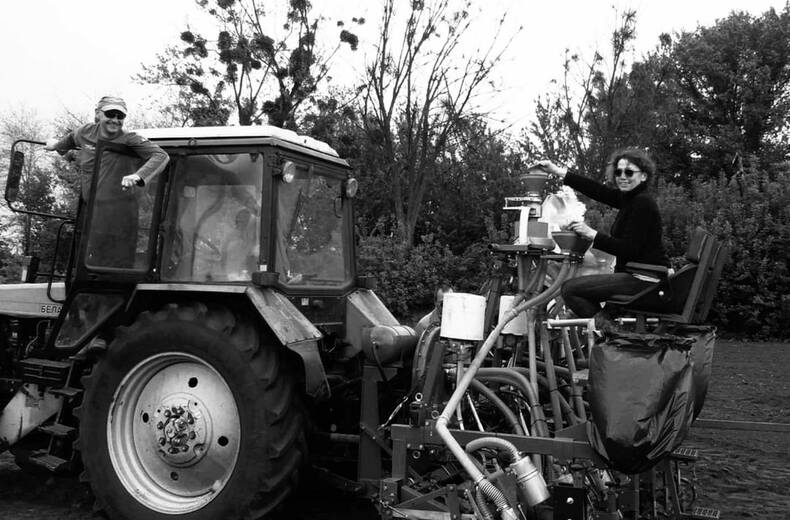
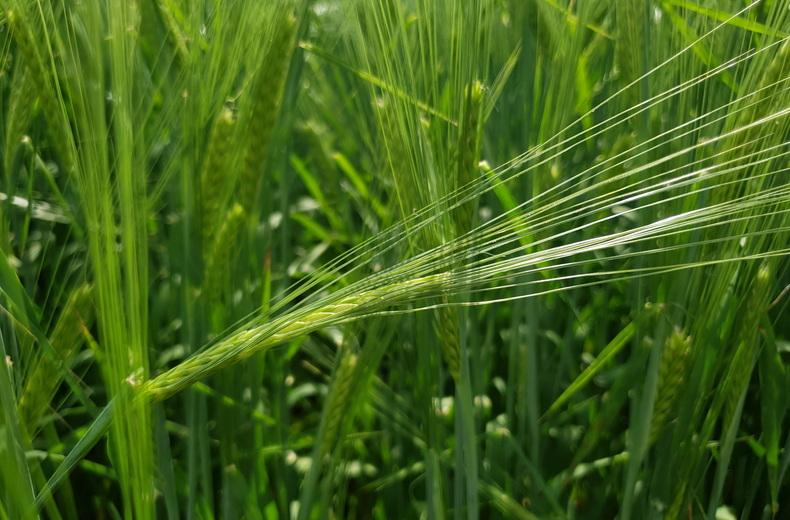
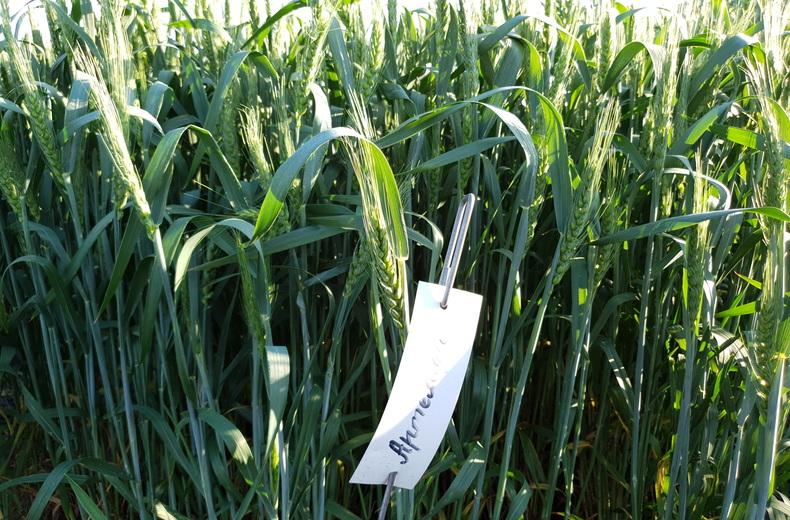
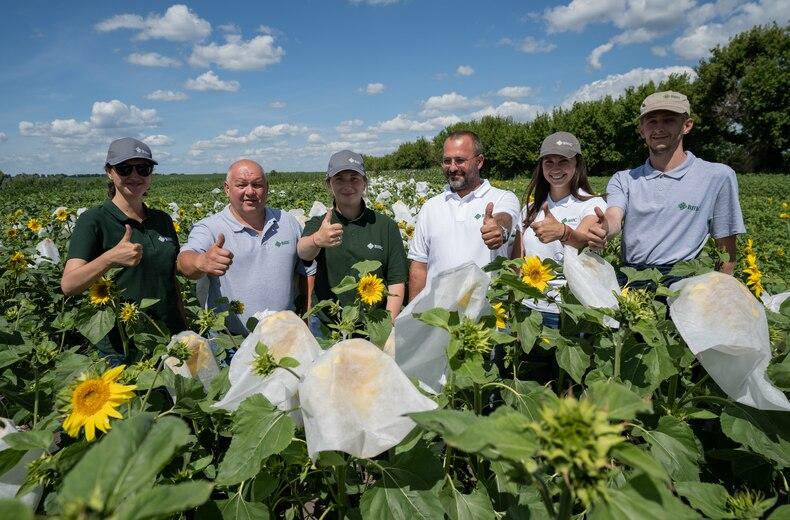
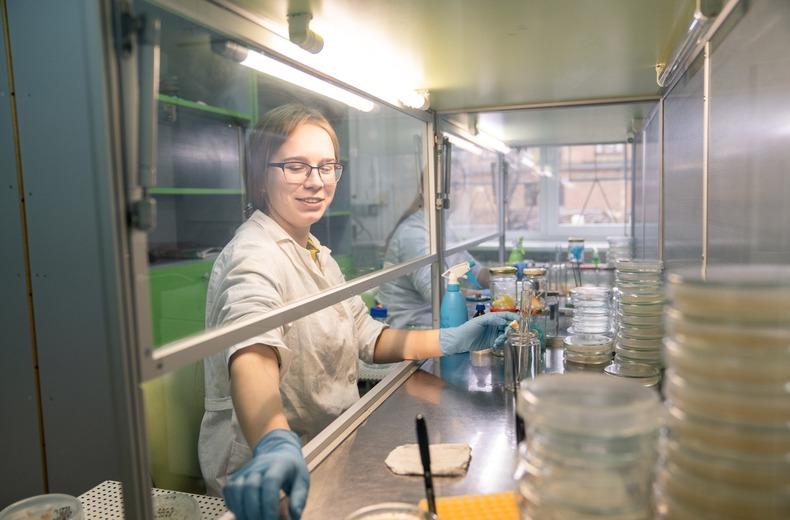
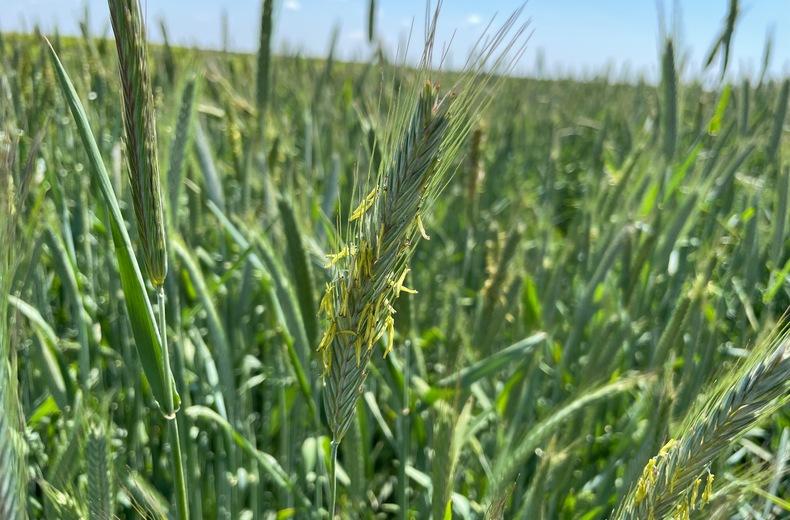
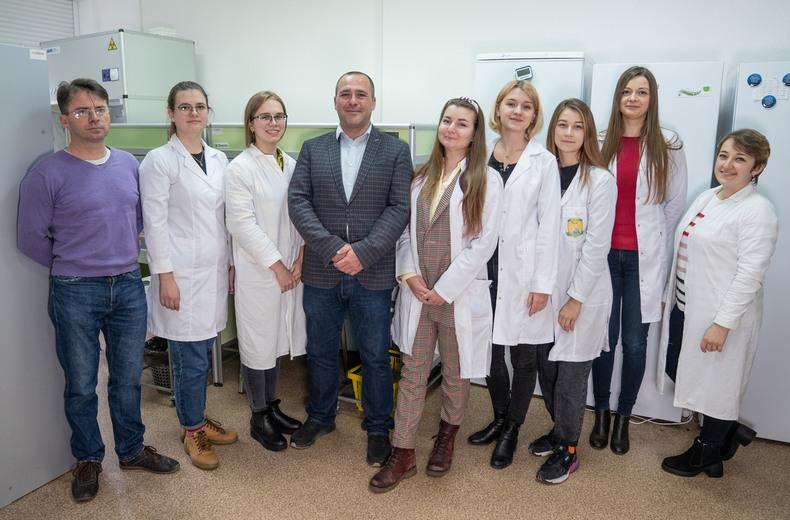
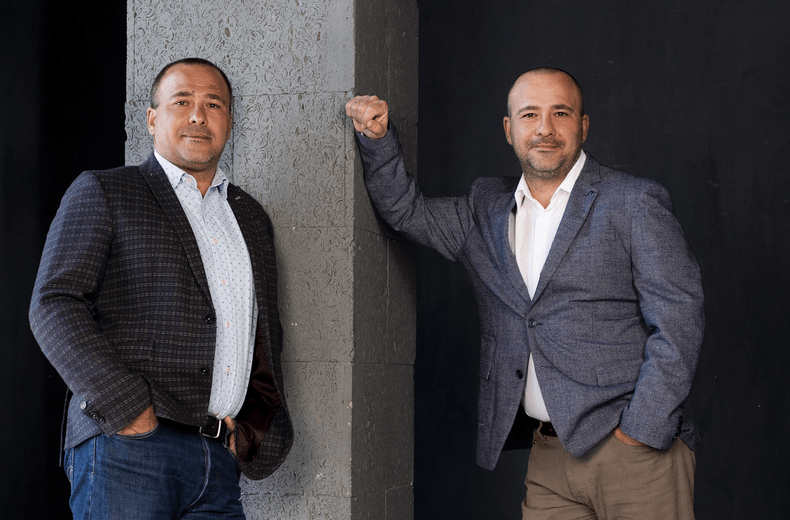
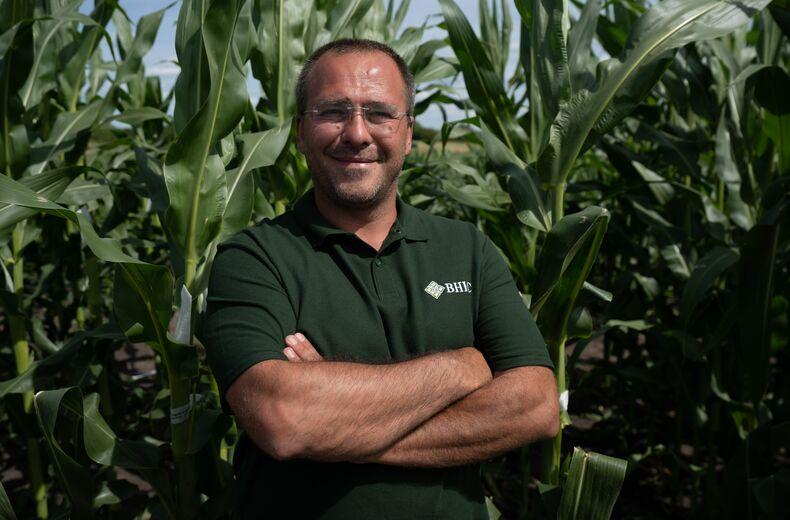
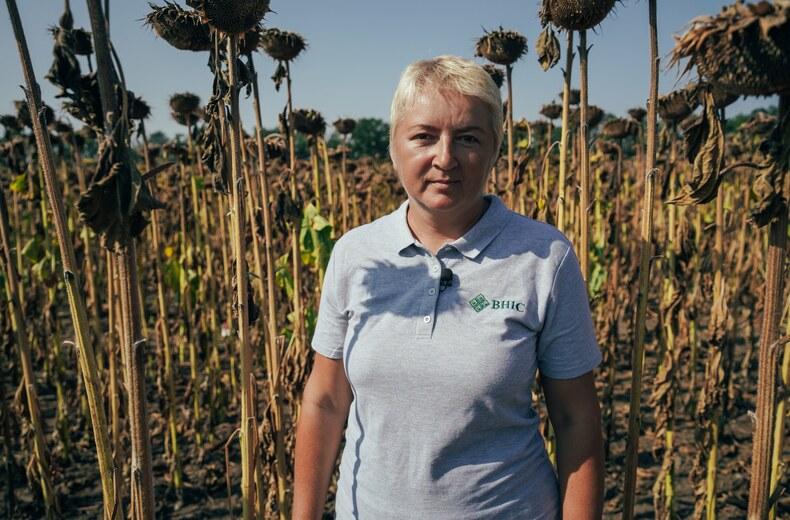
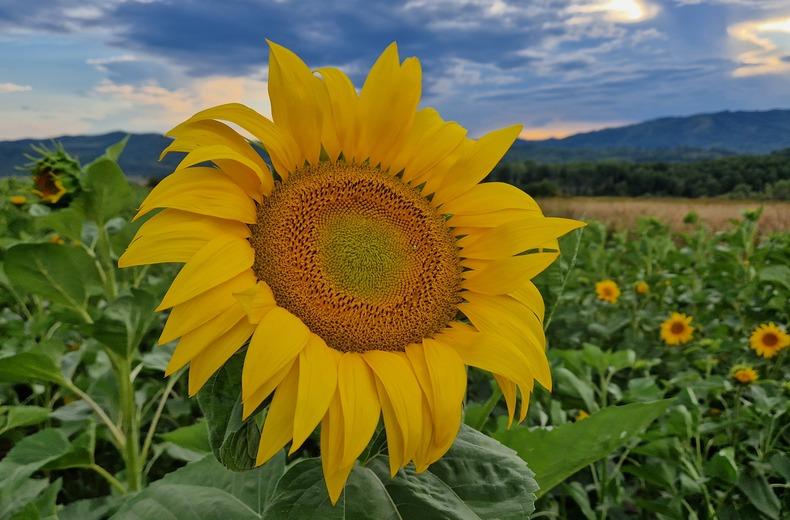

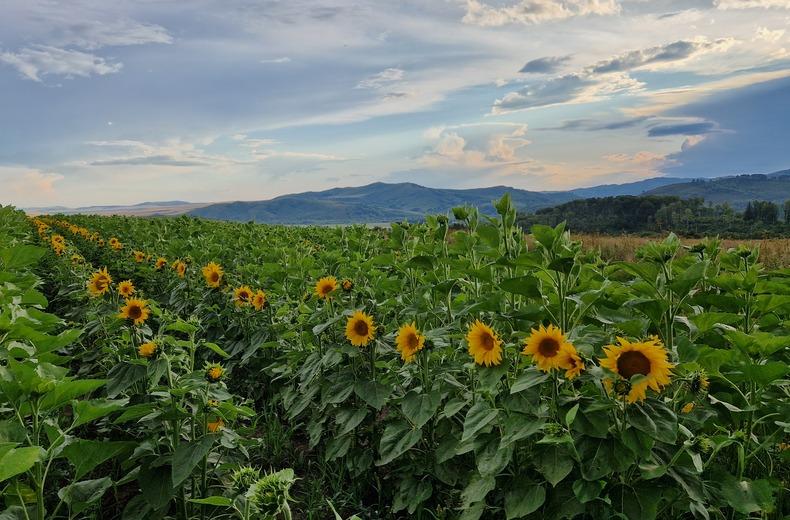
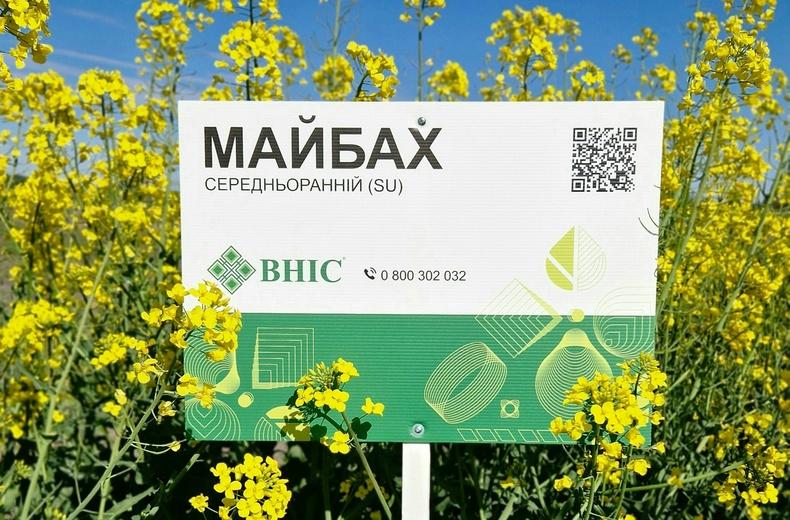

1999
The private breeding company “VNIS” was founded by the Doctor of Biological Sciences Fedir Parii
2000
The first corn hybrid, Gran 1; the first sunflower hybrid, Ukrainian F1; and the first fodder beet hybrid, Adra, were registered
2001
A sugar corn breeding program was launched to create new hybrids with higher sugar content, better flavor retention, and resistance to diseases and pests
2006
After conducting successful field trials, we officially registered the triticale variety Alkyd
2008
We introduced a promising winter wheat variety called Artemis to our portfolio. This variety quickly gained the attention of farmers due to its unique features: high yield, resistance to diseases and drought, and excellent grain quality
2011
The first herbicide-resistant (IMI) sunflower hybrid Armageddon was created
2012
The scientific and diagnostic laboratory of AGROGEN NOVO LLC was established, specializing in phytopathology, breeding, genetics, and molecular genetics
2014
VNIS breeders introduced a new tool for Ukrainian farmers to boost their profits: the Sirius winter rye variety. Thanks to its unique characteristics, Sirius quickly gained the trust of farmers and became one of the most popular winter rye varieties available on the market
2015
A Biotechnology Laboratory was established
2016
The first nursery was launched in Chile
Myroslav and Iaroslav Parii are the heads of VNIS, the second generation of family business owners
Myroslav and Iaroslav Parii are the heads of VNIS, the second generation of family business owners
2017
Our current line of corn hybrids was registered within the FAO range of 280-320
2018
The Plant Immunity Laboratory was established
2019
The registration process for sunflower hybrids began in Europe and Asia
2020
We began developing CLP hybrids and introduced new resistance against broomrape Deb2
2021
We began entering the European and Asian markets
2022
The first hybrid of Ukrainian rapeseed resistant to tribenuron-methyl (SU) herbicides was registered
2023
We formed new partnership agreements with prominent breeding scientists worldwide, enhancing our scientific potential

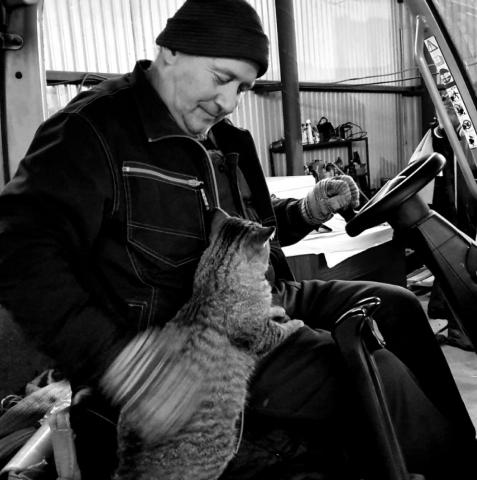
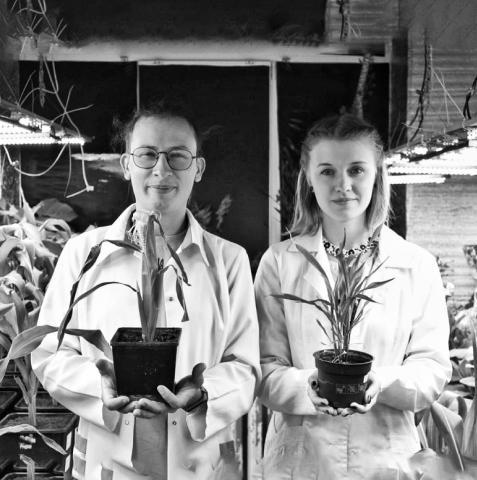
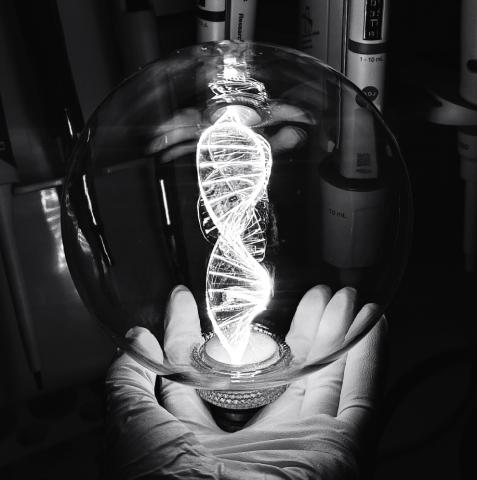





 Choose a country
Choose a country